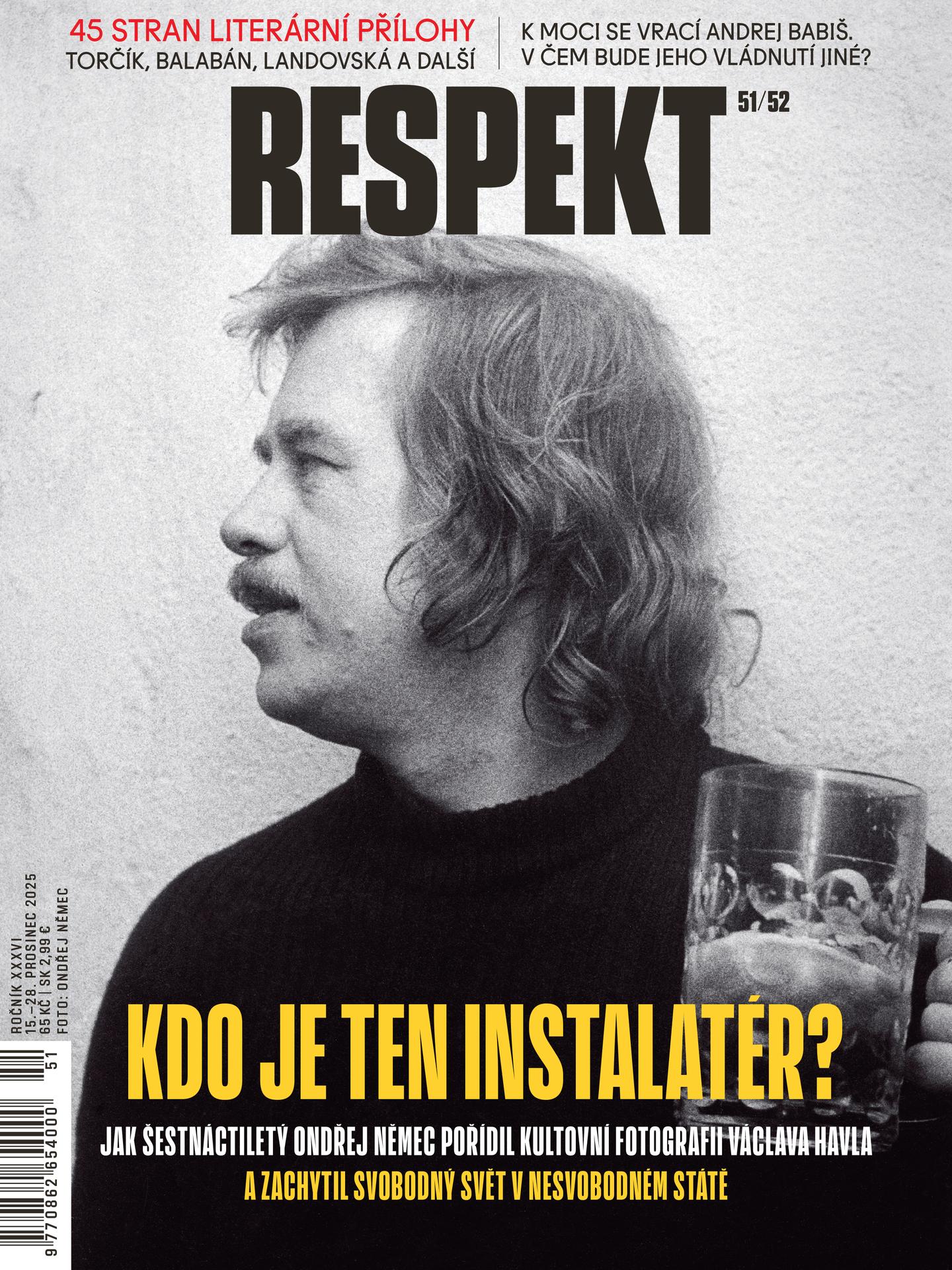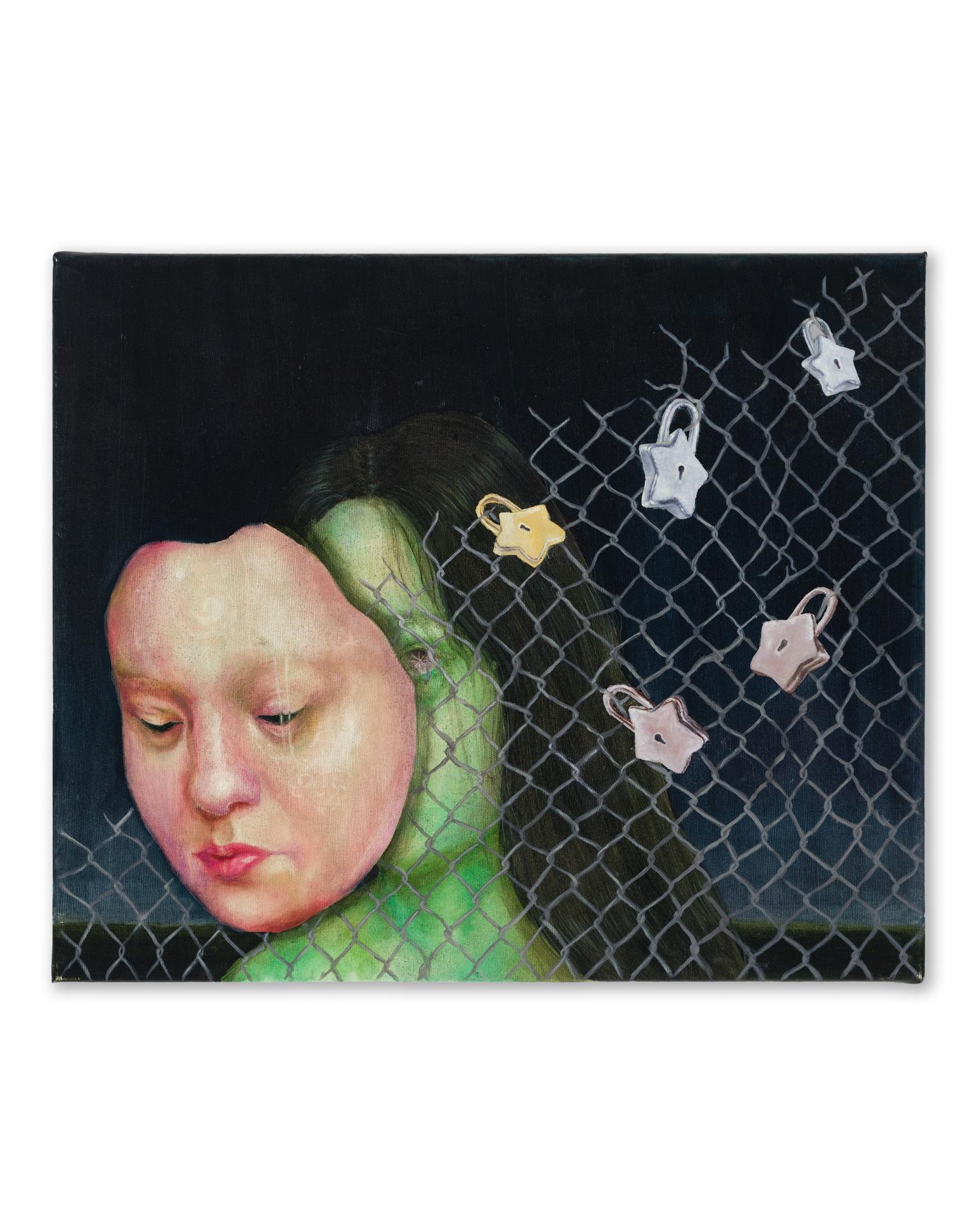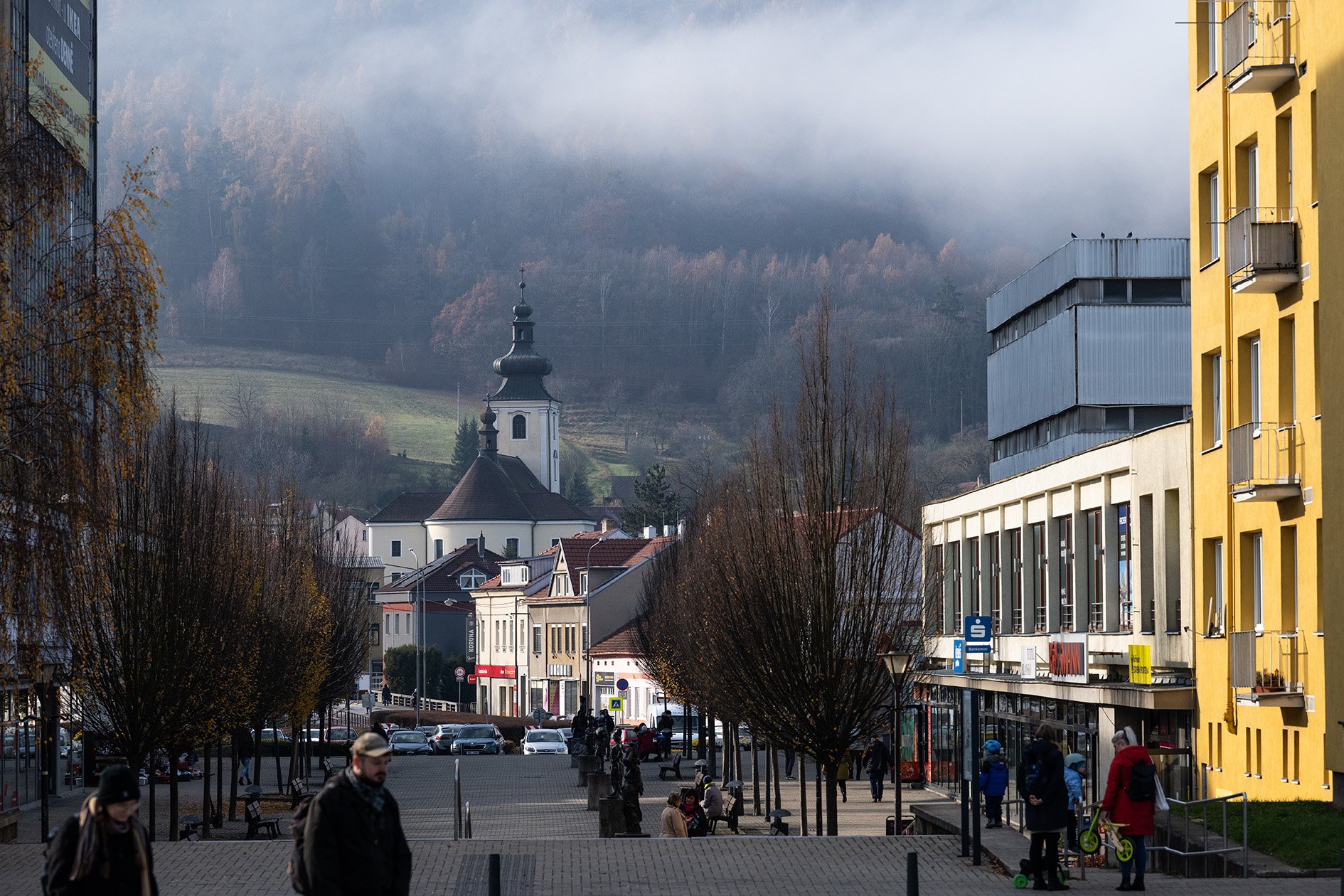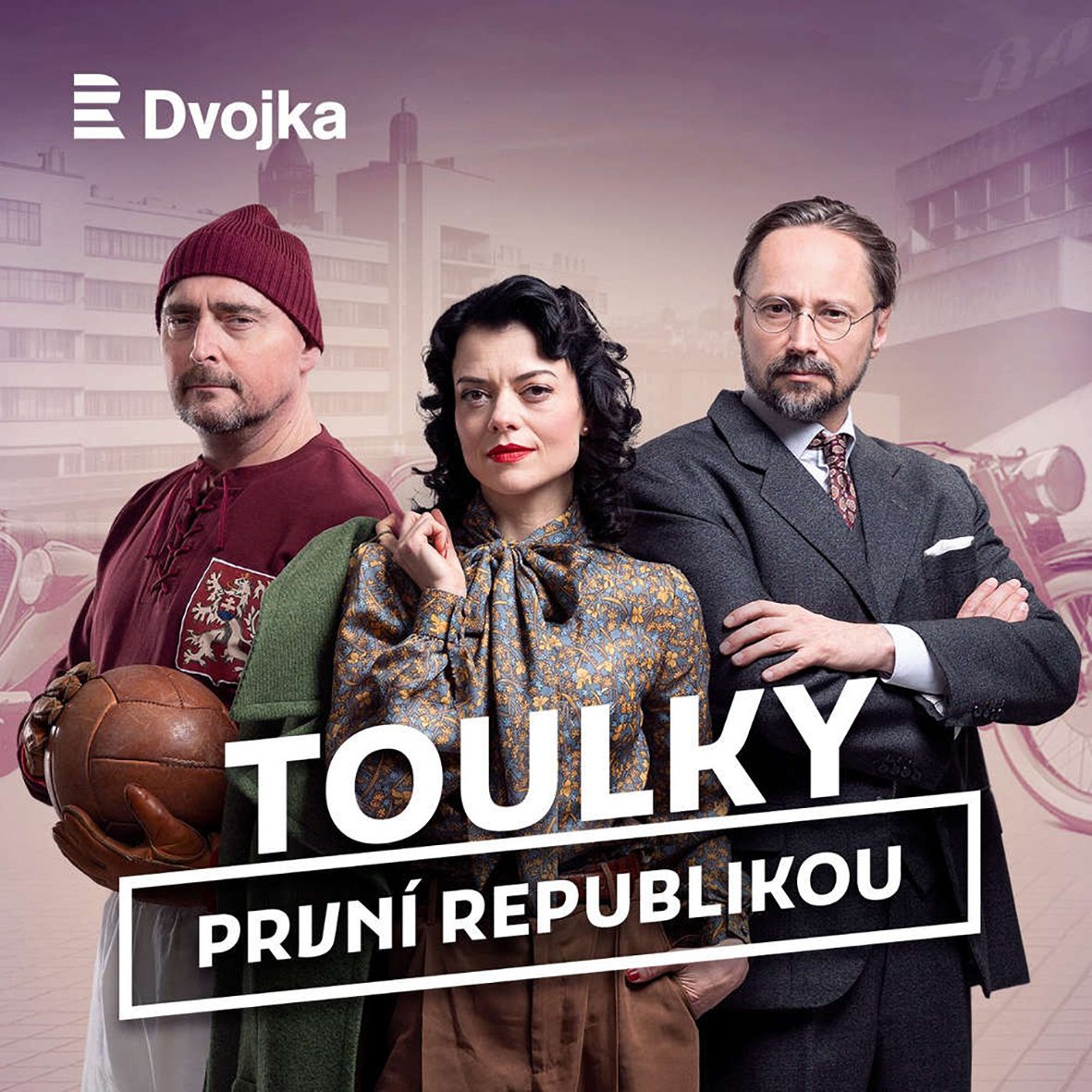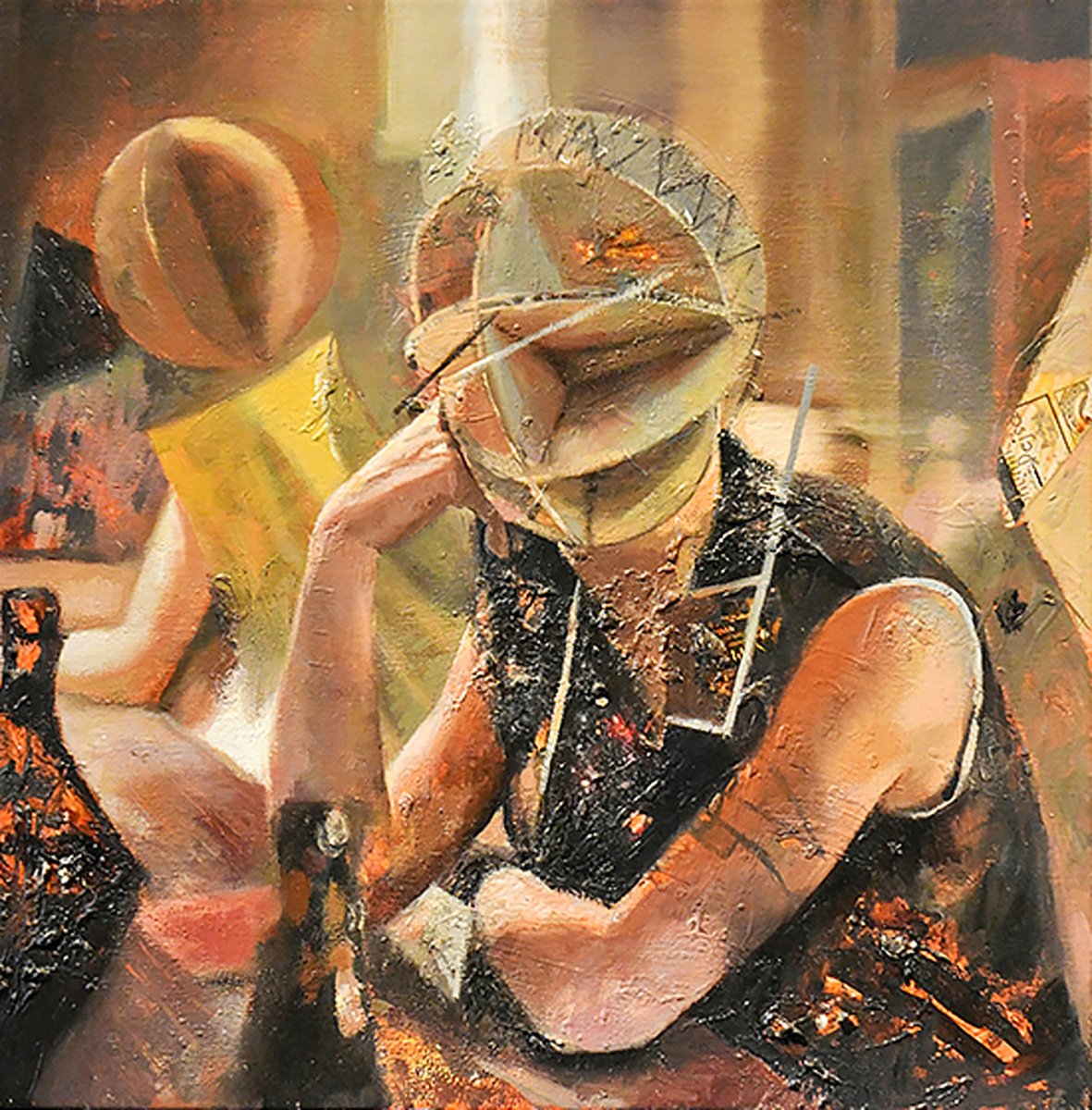Ready to Save the Planet
With Paul Watson on whaling, traditions, manipulating the media and the need to be a vegetarian to save the planet

The year 2011 saw the 40th anniversary of the world renowned organization Greenpeace. Paul Watson is one of its founders but it is no secret that he fell out with Greenpeace and started his own organization called the Sea Shepherd Society. What does it take to hunt Japanese whaling ships and to become a member of Sea Shepherd? Will piracy around the African coasts spread? Why is a meat eater riding a bicycle more dangerous to the planet than a vegan riding a Hummer? Why are worms more important than people? Read all about this in the following interview.
What are your relations with the Greenpeace today? What are the main differences between Greenpeace and Sea Shepherd?
There are a lot of differences. Greenpeace is a protest organization and we’re an interventionist organization, we go against illegal activities and we concentrate on marine wildlife, so we’re not an environmental organization or a marine conservation organization. I am a co-founder of Greenpeace. Sometimes I feel like Dr Frankenstein, having helped create a big green monster. Because Greenpeace is no different than other organizations that this has happened; they start with great ideas with a lot of passion and then they become big bureaucratic organizations which really don’t do very much. To me, the strength of our movement lies in small groups. I don’t have much faith in big organizations and that’s one of the reasons we keep Sea Shepherd as a small organization. I don’t want a million of members, I want just enough to support to keep us effective.


In February this year, thanks to your relentless pressure and attacks the Japanese government said that they would stop fishing whales. In what way is this true and does it mean that the war is over?
No, they retreated from the Southern Ocean Whale Sanctuary a month and a half in advance because we drove them out. They’d only taken 15% of their quota, and we felt that they wouldn’t be back because it just doesn’t make any economic or political sense for them to come back. But there seems to be a strong movement to return, if for nothing else, than to defy conservationists worldwide.
They’re not going to make any money off it and it’s become sort of a question of saving face, “we’re going to kill whales because nobody’s going to tell us we can’t”. But financially, it’s been a disaster for them. Our objective from the beginning was to sink the Japanese whaling fleet economically, to bankrupt them, and I think we’ve achieved that. They’re only surviving because of massive government subsidies.
Whale fishing in Japan is an old tradition, the same way the Spanish have their ‘corrida’, bullfighting. Aren’t traditions here to be preserved?
I don’t think tradition justifies the cruelty and slaughter of another species, and Spain, by the way, is moving away from the bullfight. Catalonia’s banned the bullfight last year. The whale is an endangered species but our opposition to Japanese whaling in the Southern Ocean is not one of protest, but intervention against any illegal activity. They are targeting endangered whales in an established whale sanctuary, which is a violation of a global moratorium on whaling. It’s also not a tradition in Japan, whaling was introduced to Japan in 1911 by Norway. There were some towns in Japan that practised small scale whaling but that wasn’t reflective of the national culture. So I don’t buy the traditional argument at all.
W
hat is your most horrific experience?
The slaughter of pilot whales in the Danish Faro Islands halfway between Iceland and Scotland, because they drive these whales up onto the beaches and slash and stab and club them to death, and for no other reason that they say it’s part of their tradition, it’s done for sport. We’ve got photographs of them ripping the fetuses out of the mothers and parading them around like they’re trophies. I really haven’t come across anything as barbaric and as cruel and as senseless as the Faroese hunt in the Faro Islands.
Isn’t there another way to halt whaling? Is sabotage the only way?
The strength of any movement has to lie in diversity of approaches, and that includes education, litigation, legislation, civil disobedience. We do one approach which is direct intervention against illegal activities, but there are many, many other organizations that are doing the other things, litigation and education. It’s people like Diane Fossey, for instance, because of her the mountain gorillas in Rwanda have been protected. And I can point to individuals all around the world who are making that kind of difference.
There’s a huge element of danger that goes with trying to eradicate Japanese whaling. What kind of measures do you have in place to protect yourselves and do you get assistance from the law?
The problem is that there really is no law down there. We have all the rules and regulations and laws we need to protect our oceans but we don’t have any enforcement, there’s no political or economic motivation on the part of governments to get involved. Last year, one of our boats was cut in half by the Japanese and totally destroyed and we had no legal recourse at all. But we do take every precaution to ensure that not only is our crew protected but that we don’t injure any of the whalers and we have an unblemished record in that - I’ve never caused an injury to anyone. My crew have bulletproof vests, helmets, shields, gas masks and everything to protect ourselves from attacks. They’ve shot at us, they fired water canons at us, they throw concussion grenades at us, so we have to take measures to protect ourselves.
How far would you go, what are the borders you wouldn’t cross?
We always operate within the boundaries of the law really, although there’s a perception that what we do is illegal. It really isn’t. Nobody’s actually charged us with any crimes. We haven’t even been reprimanded by our flag nations for what we’re doing because we’re interfering with an illegal operation. For example, in 1986 in Iceland we destroyed their whales processing plant. That sounds highly illegal but I did go to Iceland and they refused to charge me because they knew that to put me on trial would be to put themselves on trial because they breach the international law themselves.
You have been on the icy Antarctica waters for three months? What were some of the challenges you faced? How did you prepare for the extreme weather conditions?
The biggest dangers in Antarctica are not the Japanese whalers, but the weather conditions, the ice conditions, the icebergs, the flows, the growlers. In fact, in this last season the most daunting challenge was we had to go right into the face of a major storm to try and rescue three Norwegian sailors whose boat went down, and unfortunately they died. We spent three days looking for them. We found their life raft. But we had to push into a 182 kilometer winds and 50o below zero with horrendous ice conditions like that. And so that’s probably the most dangerous stuff that we face down there because you never know when the weather’s going to turn on you or whether you’ll get hit by a chunk of ice that could rip you open. So the confrontations with the whalers are actually quite mild compared to our challenges dealing with nature.
In your book Earth Force, you mention the manipulative nature of mass media and it seems like you don’t really hold a great view of media. But, on the other hand, they help to publicize your cause. What do you think about that?
I majored in Communications at university so one of my lecturers was Dr Marcia McLewan who was sort of a Master of Media. So in my book I’m just describing the nature of media, I’m not saying what it should be, I’m saying what it is, and the truth is, is that any story has to have one of four elements in it- Those four elements are sex, scandal, violence and celebrity, and if you don’t have them, you don’t have much of a story. People want drama, they want to be entertained, so that’s why we use drama too. We would bore them to sleep if we were just to give them facts and figures and statistics. Media can manipulate people but can also be manipulated and everybody does it, from Coca-Cola to anybody running for President or Prime Minister.
So you use media to manipulate people?
No, we just want to make people aware of things. I’ve always maintained that the most powerful weapon in the world is the camera, and so we change basically the nature of reality by utilizing the camera in a very intelligent way.
So have you got the message out through the documentary reality series Whale Wars?
Whale Wars has made people around the world aware of what’s going on in the Southern Ocean. Most people thought whaling ended years ago, especially in Japan where even the Japanese people thought it had. So the drama that we bring to this whole issue helps us get that message out - illegal whaling is a major problem.
What you do certainly costs a lot of money. Where do you get sponsors?
Our organization is supported all around the world ranging from small donations to people who tour with our ship. We don’t spend any money on direct mail campaigns, advertising or promotion - it’s all word-of-mouth. Also those ships are expensive and we wouldn’t be able to do what we do if it wasn’t for the fact that we have a strong volunteer base. I could never afford to pay the crew, so they do it for nothing - that kind of passion can’t even be bought in the first place. For instance, on the last campaign to Antarctica that was 88 crew members from 24 different countries on 3 different vessels.
Where did you get the Gojira vessel? You always stress it is very special. What is so special about it?
We bought the Gojira from South Africa. It was actually designed to be raced around the world so it’s a very fast vessel. I needed a scout vessel, an interceptor vessel, one that could go faster than the harpoon vessels, to search out the mother ship. Without it we would not have been able to find the Japanese fleet this year. It replaces the other vessel that was cut in half the year before and destroyed by the Japanese. It was originally called the Cable and Wireless, we renamed it Gojira which means ‘Godzilla’ – ‘Godzilla’ in Japanese means ‘gorilla whale’, so I thought it was quite appropriate. The only thing more frightening than Godzilla is Godzilla’s lawyers so we had to change the name. The beast has now become the beauty and we changed it to Brigitte Bardot who’s one of our long-time supports.
In your mission you have targeted the fish farming, but millions of people all over the world would lose jobs, especially in the developing world. On top of that, fish is a staple for them. What is actually your vision of the ideal status of the fish stock in the world?
Our message is that we’re eating our oceans. Forty percent of all of the fish that’s taken from the oceans is fed to livestock. In fact, pigs and chickens have become major aquatic predators. Chickens are eating more fish out of the oceans than all the puffins and albatross put together. Domestic house cats are eating more fish than all the seals in the world put together.
The people in Africa are depending on fishing but they have their fish stolen from them by the Asian and European fishing fleets. The reason piracy has emerged in Somalia and will soon emerge in Senegal and Mauritania, is because we have been impoverishing people by stealing the fish resources from their waters. And also fish farming is another good example; to raise one famine on a fish farm requires taking an average of 75 fish from the ocean to feed it and raise it. So that’s certainly not the solution to protecting our oceans. Our oceans are in trouble, our oceans are dying, and we’re intimately connected to the health of our oceans for our own survival. If the oceans die, we die.
You once said in an interview that you cannot be an environmentalist unless you are a vegan or vegetarian. Can meat eaters not be environmentalists?
The problem is we’ve got seven billion people on the planet and the resources are just not there to support those numbers on a meat-eating diet. In fact, one of the biggest sources of CO2 emissions is the automobile industry. More than the automobile industry is the meat industry. I have always said that a meat eater riding a bicycle contributes more to global warming than a vegan riding in a Hummer.
I’m not promoting veganism and vegetarianism as a solution for animal rights reasons, I’m doing it for environmental reasons because we’re literally eating the oceans alive. If human populations were lower it could probably make more sense, but with seven billion people and with the prediction of ten billion people at the end of this century, the resources are simply not there.
I was severely criticized in the US a few years ago because I said that worms are more important than people and everybody was outraged, “How can you say something like that”, they kept asking me? Worms are more important than people because worms can live on Earth without people but people cannot live on Earth without worms. We need them, they don’t need us, we need bees, they don’t need us, we need germs and insects and fish and they don’t need us, and we have to learn that if we’re going to survive, we have to protect these other species.
How do you collect your crew? Can anybody join the Sea Shepherds?
Anybody who’s a member of the Sea Shepherd can apply. I think I’ve had about 4,500 volunteers over the years who have participated, and we have about 1,500 applications to choose from. We interview people to see what their skills are but, more importantly, to see how passionate they are about the cause. That’s why we have a very passionate and very hard working crews.
Have you ever had a Czech crew member?
I haven’t had any Czech crew members but we would certainly welcome them if they want to volunteer.
You’ve been an activist since the age of nine, did you ever envision that this is where you would end up?
Not really. Though I was raised in a fishing village in eastern Canada so I was certainly familiar with seals and whales, dolphins and that, but didn’t envision that this would be a career. I actually wanted to be an archaeologist at the time. When I was 17, I became the youngest founding member of Greenpeace and so it’s been a lifelong endeavour.
What does it take to be a successful activist actually? How do you measure your success?
We measure it with the number of animals we actually save during an intervention. In the last year they only took 15%, which means we saved about 800 whales, last year 528, the year before that 480 - so we’re getting more successful every year in curtailing their kill quotas. We have also shut down numerous illegal whaling operations in the illegal fishing operations around the world over the last 30 years.
What do you consider your greatest success?
If the Japanese are permanently driven out of the Southern Ocean Whale Sanctuary, that will be our greatest success – and we’re close to it. Prior to that, I think shutting down all pirate whaling activities in the North Atlantic from 1979 to 1983. We drove them out of there completely. Also, after years and years of fighting we managed to get the European Union to ban seal coats thereby knocking the bottom out of the market of the Canadian seal hunt, so that even though the Canadian government set a quota of 468,000 seal pups this year, the actual kill is about 38,000 because there’s just no market for them anymore. I’ve always felt that the key to this is economic, we have to destroy the markets.
In mid-1980s you forced Iceland to shut down the whale processing plant for 17 years. But it looks like they are starting it up again. Are you ready to take action?
Yes, we hit Iceland very heavily in 1986 when they blatantly broke the fishing regulations. We sank half their whaling fleet and destroyed the plant. We might have to go down there and shut them down again.
Pokud jste v článku našli chybu, napište nám prosím na [email protected].

